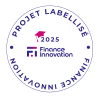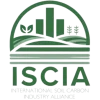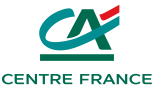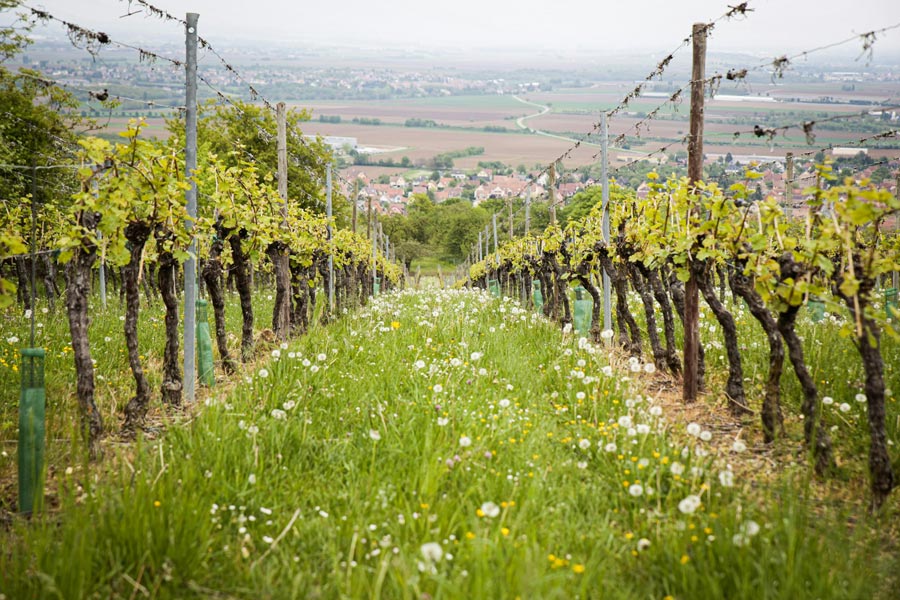
Accelerate your agroecological transition and reduce your Scope 3 emissions
Integrate regenerative agriculture practices directly into your supply chain to enhance its resilience and reduce your Scope 3 emissions.
By investing in sustainable farming practices, you ensure the long-term viability of your production while achieving your climate goals.

We connect businesses and farmers to make our food systems more sustainable
We bring you closer to the farmers in your value chain to facilitate a transition to regenerative agriculture, delivering benefits for nature, businesses, and communities.
We collect field data that allows you to monitor and support the progress of your partner farmers’ practices.
Reduce the footprint of your agricultural supply chain
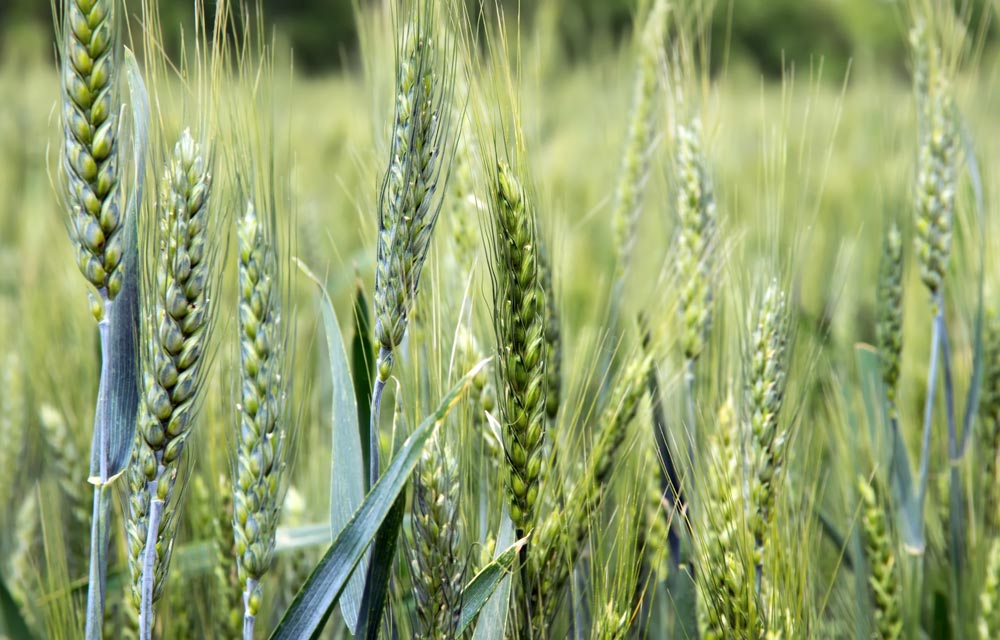
Support your partner farmers in their transition to agroecology by adopting ReGeneration’s unique, rigorous, and certified approach to measuring environmental impact.
Provide agronomic support to farmers and highlight the positive benefits of their practices, reducing your emissions and strengthening your commitment to the planet.
Our services
Agronomic analysis
Agronomic analysis of your supply chain and identification of impact opportunities for your company.
Agricultural transition programme
Definition and implementation of a low-carbon program within your value chain.
Agronomic support
Personalized support for the farmers in your value chain by our specialized agronomists.
Measurements & Diagnostics
Carbone credits emission
As part of our VERRA certification, we can issue carbon credits based on the CO2 sequestration resulting from your farmers’ transition.
Impact reports
Annual reports including your Scope 3 emissions reduction, CO2 sequestration, and co-benefits (biodiversity and water), aligned with your CSR reporting requirements.
Why ReGeneration

Strengthen the proof of your commitment
Benefit from precise measurements for better management of regenerative practices: on-site agronomic support, satellite imagery monitoring, and laboratory soil analyses.

Guaranteed traceability and transparency
Ensure full traceability and highlight your positive impacts with our certifications verified by independent organizations. A reliable defense against greenwashing.
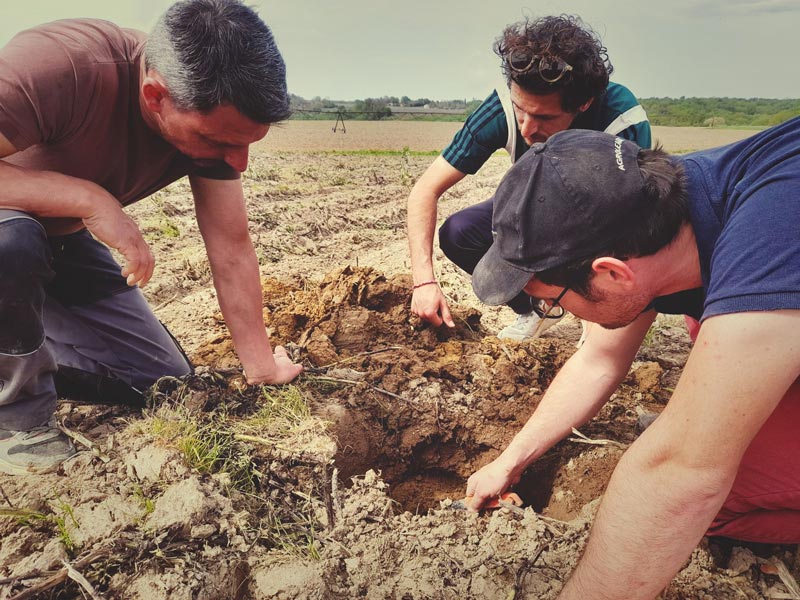
Create a unique connection with your farmers
Showcase your commitment with photos, videos, and stories of your farmers. Organize farm visits, workshops, and provide materials to enhance your brand image and CSR and environmental reports.
FAQ
Insetting is a strategy that enables companies to align their activities with the natural ecosystems they depend on by funding environmental projects within their own value chain. These projects reduce greenhouse gas emissions and promote carbon storage while generating co-benefits such as biodiversity preservation, water resource protection, healthier food, and the economic resilience of farms.
Read our recent blog post on the subject (in French only) : “Insetting et offsetting : quelle différence ?”
Insetting projects focus on preserving, improving, and restoring natural ecosystems while integrating regenerative practices into the operations of companies with agriculture in their value chain. They highlight the economic benefits of investing in nature, enabling companies to incorporate these investments into their long-term sustainability strategies and objectives.
The insetting approach aims to secure supply chains for the future with consistent yields, strengthen relationships across agricultural upstream suppliers, and achieve sustainability goals.
Insetting projects can be used to achieve SBTi goals when they are integrated into a company’s value chain or linked to one of its supply chains. They must meet the requirements of the SBTi guidelines for Forest, Land and Agriculture (FLAG).
Scope 3 emissions encompass those generated throughout the lifecycle of products and services procured by a company, including emissions associated with long-term assets and investments that are not directly owned or controlled by the company.
Investing in regenerative agriculture through insetting helps reduce emissions within a company’s supply chain. Current VCMI guidelines on Scope 3 emissions allow companies to include part of their Scope 3 reductions through insetting projects. ReGeneration’s insetting projects, which incorporate regenerative agricultural practices, therefore meet the requirements for Scope 3 emissions reduction.



